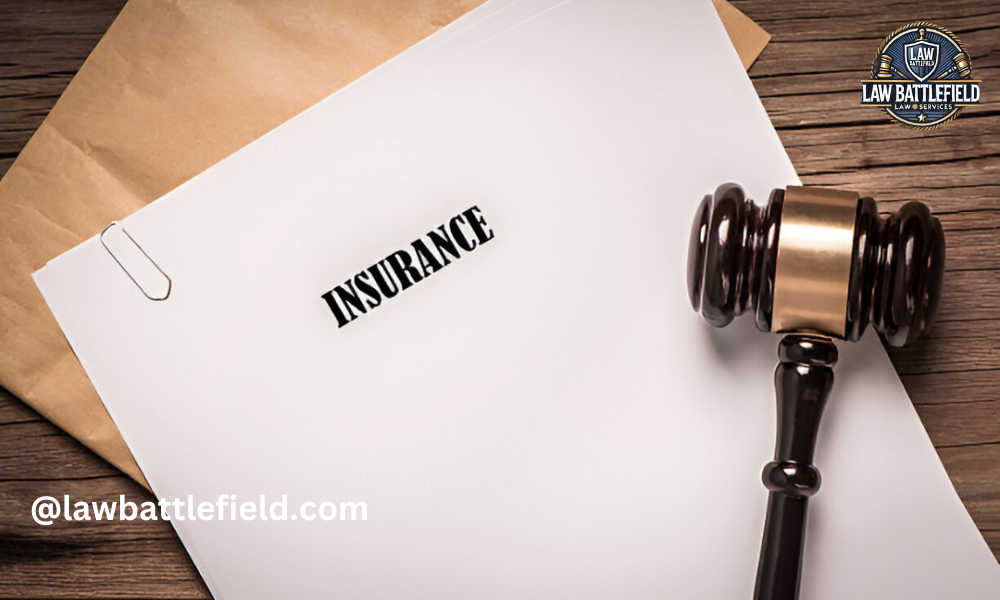Houston is known for its size, diversity, and thriving industries, from energy and healthcare to technology and commerce. With millions of residents and constant growth, people here rely heavily on insurance—whether for homes, cars, or businesses—to safeguard what matters most. Unfortunately, not every insurance company operates with fairness. When a provider fails to uphold obligations, delays payment without reason, or outright denies valid claims, the financial and emotional toll can be overwhelming.
These actions, known as “bad faith,” put policyholders in a vulnerable position when they need support the most. Understanding how to recognize and respond to such behavior is critical in protecting your rights. For many in Houston, that may mean turning to a bad faith insurance lawyer at Storm Law, who can evaluate your situation and guide you through the legal options available to hold insurers accountable.
Recognizing Bad Faith Actions
Knowing the signs of bad faith is important. Common indicators include nonsensical denial of claims, payments taking longer than they should, or being completely ignored. Red flags can also include an insurer’s unwillingness to investigate or explain why certain decisions were made. Recognizing these behaviors is the first step to confronting organizations’ imperfect nature.
Gathering Documentation
Collecting evidence is vital. Document all communication with the insurer, such as emails, letters, and phone calls: record dates, times, and names of the representative(s). This detail will prove invaluable if you need legal action.
Understanding Your Policy
Reviewing the insurance policy is key before taking any action. Know about the coverage details, terms, and conditions. Understanding the scope of coverage and limits can help determine if the insurer is overstepping. That will also inform you about what you need to do next.
Communicating With The Insurance Company
Reaching out to the company can solve some problems. Be direct with your concerns and provide any evidence to supplement them. Ask for an explanation for any decisions taken. Writing is helpful as it leaves a trail of paper. This allows for a more straightforward problem-solving process.
Seeking Professional Advice
If those attempts fail, you may need to speak with a lawyer. You may need the advice and assessment of an insurance claims attorney. They can clarify if the particular actions of the company can be classified as bad faith and suggest legal remedies. Professional assistance can help you take a few steps ahead.
Filing A Complaint
Filing a grievance with the state insurance department can be a good move. These divisions regulate the insurance industry and can investigate misconduct allegations. A formal complaint might make the company think twice about what they did. This route often results in a settlement without a court.
Considering Legal Action
Finally, consider legal action as a last resort. A bad-faith lawsuit may result in the victim recovering more than the claim amount, including punitive damages and attorney fees. Legal action is a big step, so it is vital to consider the possible consequences.
Staying Informed And Proactive
Knowing your rights and what to expect from the insurance process would help avoid problems later. Frequent checking of policy advances and familiarity with the insurer could create a better relationship. Take the initiative to understand your coverage so that it does not lead to misunderstandings and ultimately adverse outcomes.
Conclusion
It can be difficult to deal with an insurance company acting in bad faith, but you can respond to it in a way that addresses the issue. The main steps are identifying indicators, compiling information, and consulting a lawyer. Knowledge and assertiveness help individuals protect their rights through resolution or legal proceedings. With familiarity with the choices present, one can deal with these scenarios in confidence.
Was this article helpful? Check out more on Lawbattlefield.com





